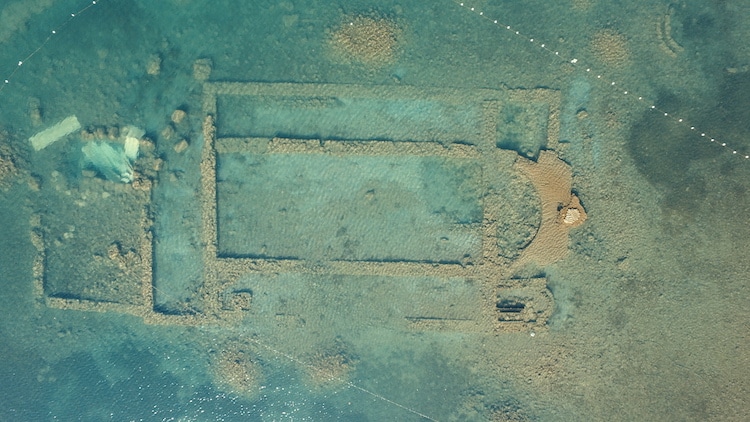
Submerged basilica in Türkiye’s Lake Iznik will be opened for virtual visits using augmented reality “metaverse”
A 1,600-year-old basilica in Bursa’s Iznik district will be opened for virtual visits using augmented reality “metaverse” technology supported by Bursa Uludağ University (BUÜ).
The Turkish town of Iznik is best known for its stunning ceramics. But historically, it was an important cultural center during the Byzantine and early Christian periods. These ancient roots showed themselves in 2014 when a 1,600-year-old basilica was found submerged off the shores of Lake Iznik.
Incredibly, the ancient ruins had gone unnoticed until government surveyors stumbled upon them.
These excavations have been led by Professor Mustafa Şahin, the head of the university’s Archaeology Department, on behalf of the Bursa Uludağ University.
In 2015, Dr. Şahin led a team in an underwater excavation to discover more about this basilica, which lays six to 10 feet underwater and 165 feet offshore. The team was able to learn quite a bit about the early Christian church during their dig.
Now, efforts are being made to transfer the data obtained from these excavations into the virtual world.
The project will be carried out via a partnership between BUÜ’s Center for Archaeological Research and Application and a technology firm.
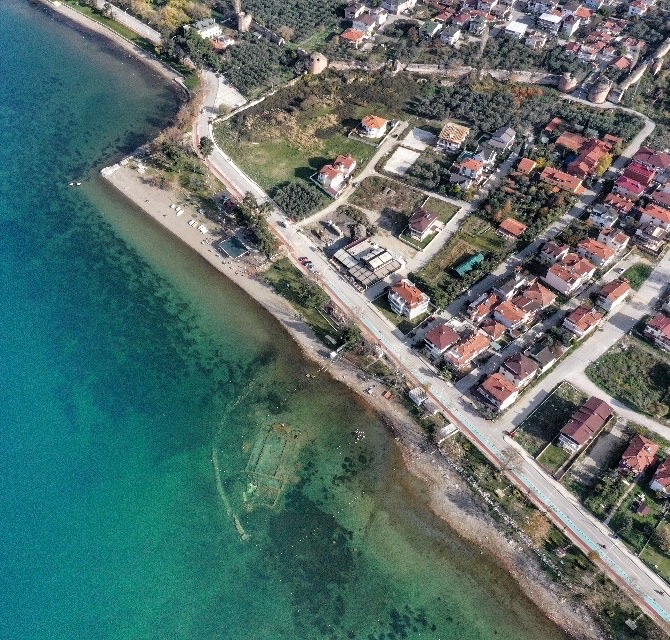
The data obtained from the basilica will be uploaded to the metaverse environment. Once the work is completed, visiting the Lake Iznik Basilica will be possible via VR goggles.
Additionally, an application classroom consisting of VR goggles will be established to transform one-dimensional courses in the Archaeology Department into three-dimensional experiences.
BUÜ Rector Ferudun Yılmaz, in his speech, expressed his appreciation for the valuable artifacts discovered under the direction of Şahin.
Emphasizing that the world is now governed by digital technologies, Yılmaz continued, “The emergence of such a special historical structure makes us proud. Transferring the work conducted with precise expertise into the virtual world and allowing people to observe this structure by wearing VR goggles will be a source of great joy for us.
Cafer Demir, the chairperson of Vival-Verse Art Technologies Inc., also mentioned that they are not seeking additional fees for the project and believe it will bring significant revenue to the country’s economy in this field.
He added that students can observe this place firsthand in the classrooms they will create at the university.

Şahin emphasized that visiting important and hard-to-reach cultural sites has now become easier with metaverse technology, pointing out that the project has a very high capacity for obtaining a patent.
“The location will soon come to life, and this project will meet visitors from all around the world. Due to being underwater, visiting it required certain equipment, making it difficult for some groups. However, with the metaverse, even disadvantaged groups will be able to visit it easily,” Şahin said.
The success of this project is also crucial because it will open the way for many ancient cities or structures in our country and around the world to be accessible for visits using modern technologies, Şahin highlighted.
You may also like
- A 1700-year-old statue of Pan unearthed during the excavations at Polyeuktos in İstanbul
- The granary was found in the ancient city of Sebaste, founded by the first Roman emperor Augustus
- Donalar Kale Kapı Rock Tomb or Donalar Rock Tomb
- Theater emerges as works continue in ancient city of Perinthos
- Urartian King Argishti’s bronze shield revealed the name of an unknown country
- The religious center of Lycia, the ancient city of Letoon
- Who were the Luwians?
- A new study brings a fresh perspective on the Anatolian origin of the Indo-European languages
- Perhaps the oldest thermal treatment center in the world, which has been in continuous use for 2000 years -Basilica Therma Roman Bath or King’s Daughter-
- The largest synagogue of the ancient world, located in the ancient city of Sardis, is being restored

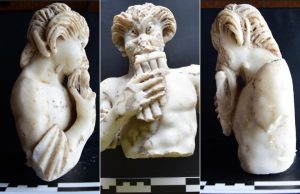
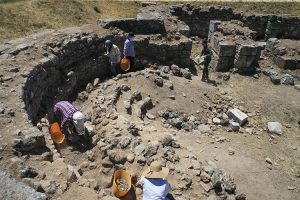
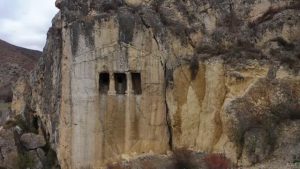
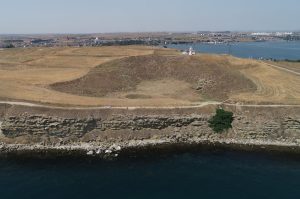
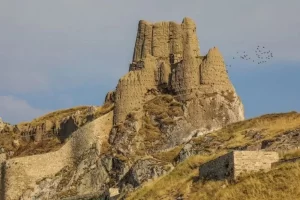
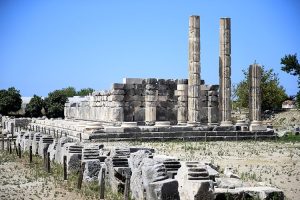


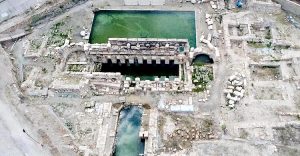
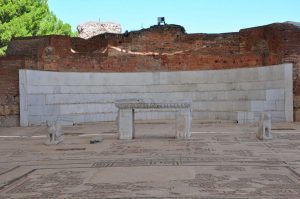
Leave a Reply